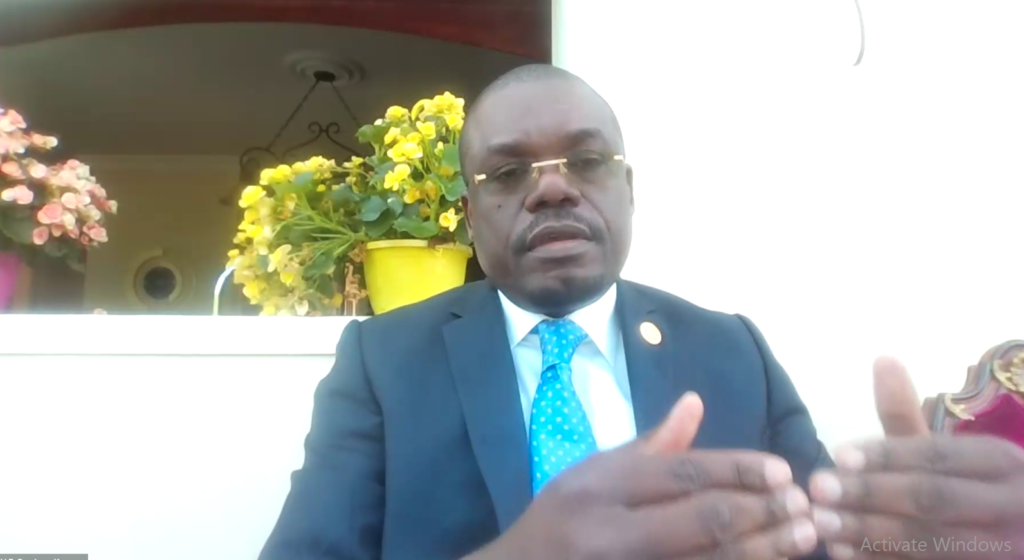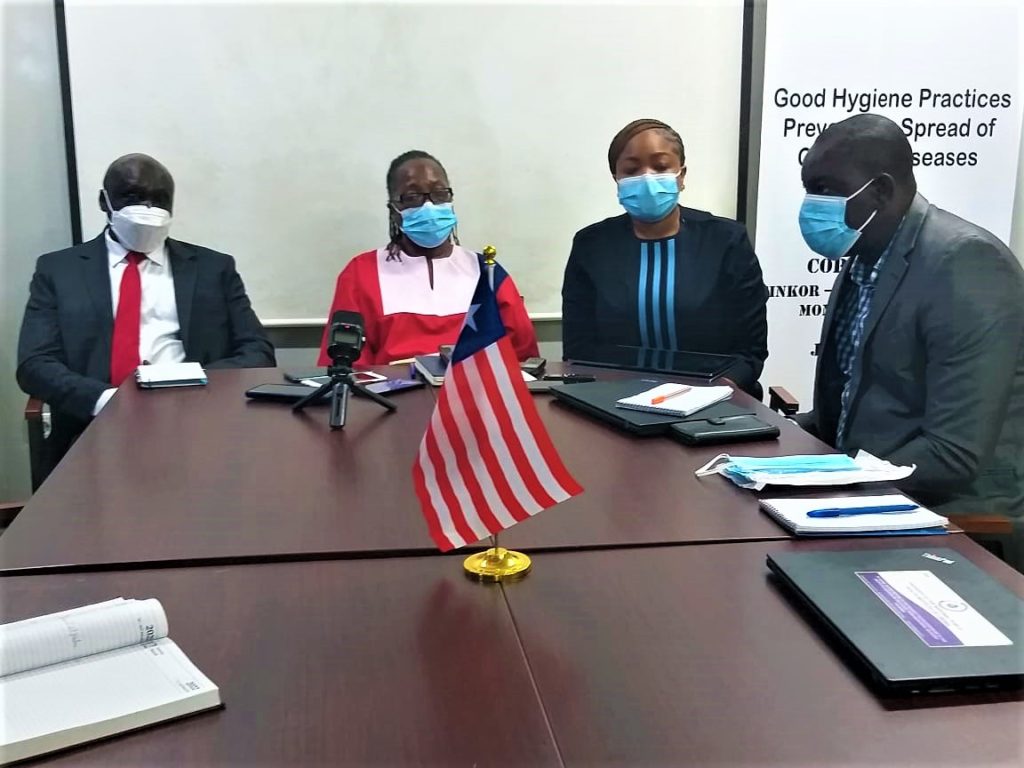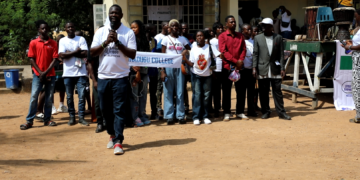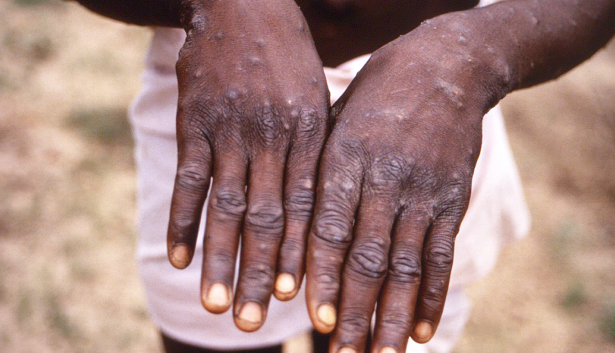By Kemo Cham
The Africa Centers for Disease Control and Prevention (Africa CDC) is set to declare the ongoing outbreak of monkeypox virus as a continental public health emergency, its Executive Director, Dr Jean Kaseya, said.
Dr Kaseya told journalists at a press briefing on Thursday that the declaration of a public health emergency for continental security may be made as early as next week, noting that he is consulting with the relevant authorities, including heads of state of the African Union and other stakeholders to get their blessing.
“As you know, at global level, it’s the mandate of WHO (World Health Organization) to declare Public Health Emergency of International Concern. At continental level, for the 55 countries in Africa, it’s the mandate of Africa CDC to declare that… And for us to declare that, we have to follow a number of steps,” Dr Kaseya stated during the briefing that was conducted virtually.

Monkey Pox, also known as Mpox, is a viral infection that is caused by the Monkeypox virus and is transmitted through close contact with animals and infected humans. Common symptoms of infection include a rash which may last for 2–4 weeks. This may start with, or be followed by, fever, headache, muscle aches, back pain, low energy and swollen lymph nodes. Most cases of Mpox are mild but it can lead to death.
A global outbreak of the viral disease has been ongoing since 2022, prompting a declaration by WHO of a public health emergency of international concern from July 2022 to May 2023.
According to WHO data, since January 2022 to August 9, 2024, 38, 465 cases of Mpox have been recorded, with 1, 456 deaths globally.
Mpox was previously known to be endemic in West and Central Africa, but it has been spreading across Europe and the US since this current outbreak started.
In Africa, the Democratic Republic of Congo has been the epicenter of the outbreak, with over 13,000 suspected cases, including 503 deaths as of August 2, 2024. But data shared by the Africa CDC show that infection is spread at what Dr Kaseya described as an “alarming rate.”
The Africa CDC boss said part of the reason for this the mutation of the virus, so that a new variant has seen a rapid spread of cross-border infections in countries neighbouring DRC, including Rwanda, Uganda and Kenya.
Experts say even though the mode of transmission of Mpox has been primarily contact with infected people and animals, evidence suggests that sexual transmission is also high, linked to cross border movement.
Dr Kaseya said they are also investigating the correlation between Mpox and HIV, as many people infected with Mpox in some countries were found to have HIV. Malnutrition is also found to be associated with the disease, he said.
All five regions of the continent are affected, with 16 countries recording cases, six of which began recording cases in the last 10 days, according to data. Among the countries recording cases are Sierra Leone’s neighbours Liberia and Cote d’Ivoire.
Liberia declared its outbreak on 25th July, 2022, following confirmation of a case in Maryland County. The case was reportedly a cross border imported one from Cote d’Ivoire. Since then, Liberia has recorded five confirmed cases of the virus, according to the Africa CDC data.
Cote d’Ivoire, on the other hand, has had a cumulative number of six confirmed cases as of August 7, 2024, according to data attributed to the government.

Eighteen other countries are said to be at high risk of transmission.
Dr Kaseya said that reported cases on the continent had risen by 79% from 2022-2023 and by 160% from 2023-24.
“We are seeing an increase in terms of outbreaks in Africa, we are moving from almost two outbreaks per week to three new outbreaks per week,” he said.
The Africa CDC boss said declaration of emergency is important for the agency to better coordinate cross-border responses. He added that it would also make member countries obligated to report new cases of the disease.
Mpox is one of the top five reported outbreaks on the continent, alongside Cholera, Dengue, Measles and Lassa Fever. These outbreaks contribute to 77 percent of all cases and 81.24 percent of deaths on the continent, according to Dr Kaseya.
Thursday’s announcement comes a week after the African Union Permanent Representatives Committee made an emergency approval of USD10m for Mpox response.






















